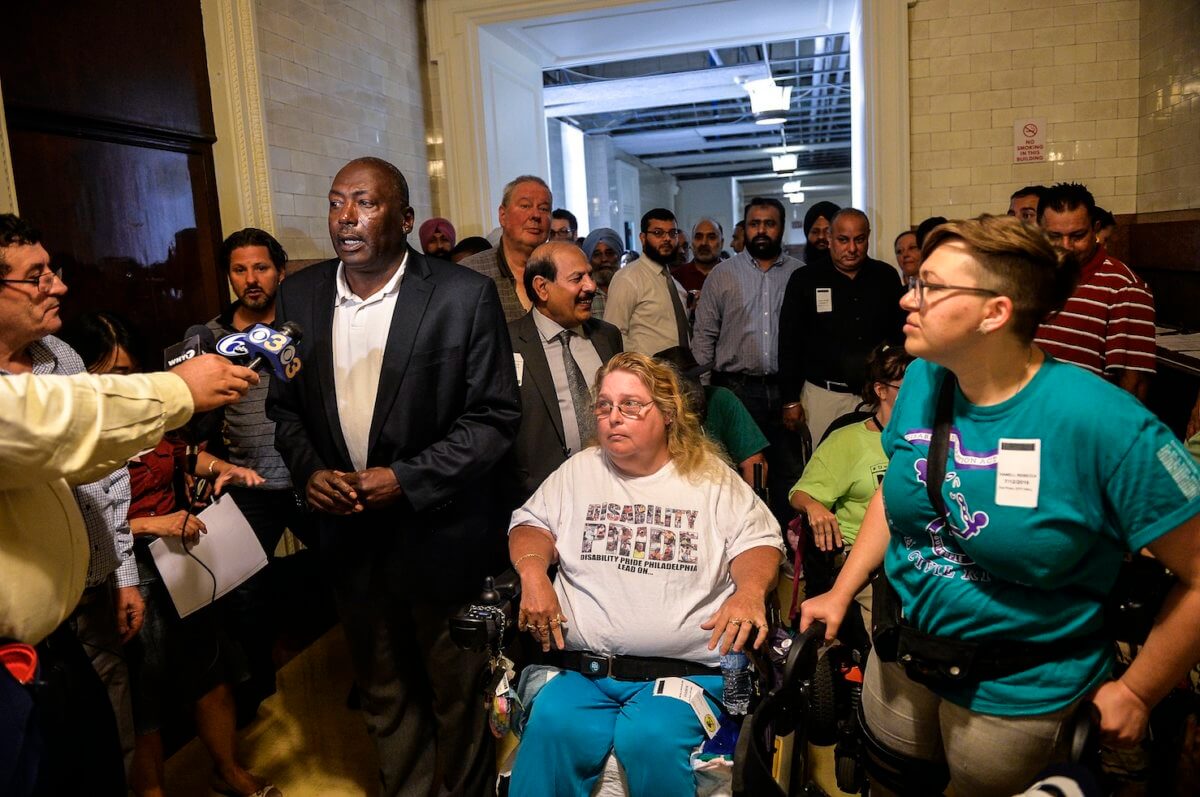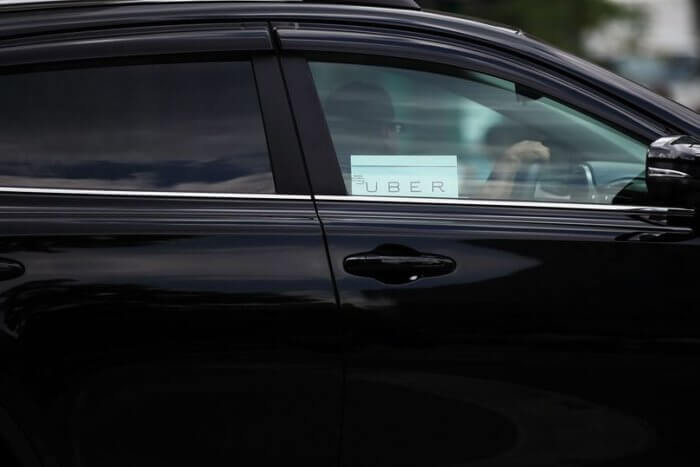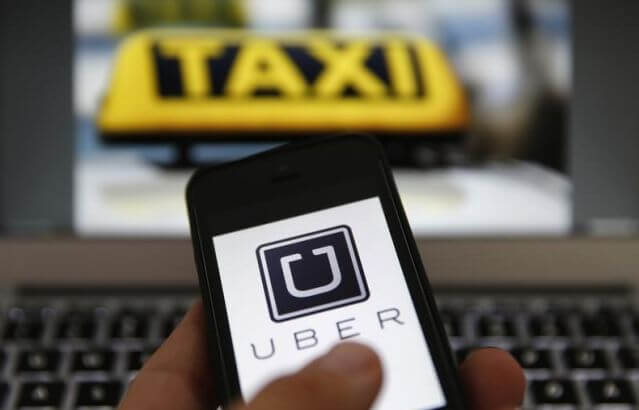A Philadelphia judge sided Tuesday with a diverse coalition opposing a new deal that “semi-legalized” Uber in the city, saying she would order “a stay” on the agreement – although it’s unclear what, if anything, that will change. “Right now, the regulations are that UberX is illegal in Philadelphia, until the commonwealth of Pennsylvania changes that,” Judge Linda Carpenter said Tuesday, calling UberX a “hack” taxi. Members of the Fair Ride Philly coalition, which includes activists for the disabled, Uber Black drivers and cabbies were in court Tuesday after filing for an emergency injunction to halt the 90-day truce between the Philadelphia Parking Authority (PPA) and Uber to allow UberX and UberPOOL to operate in the city. Carpenter’s written ruling only upheld her past rulings that UberX is illegal, and did not specify any actions regarding the PPA-Uber truce.
“Judge Carpenter’s order does not invalidate our agreement with the PPA in any way,” an Uber spokesman said in a statement. “We look forward to serving Philadelphia during the DNC and throughout the summer.” The truce was trumpeted last week at a press conference as the resolution to the city’s need for transportation due to the ongoing SEPTA Regional Rail crisis and the impending Democratic National Convention (DNC). PPA executive director Vince Fenerty originally said UberX and Uber Pool were “semi-legalized,” but later said that meant they would not face enforcement actions for illegal activity under the Uber/PPA agreement. The deal, which was entered into evidence but is listed as private and confidential, Carpenter said, also included an agreed $350,000 settlement of PPA fines to be paid by Uber when a deal in Harrisburg to legalize Uber and the similar taxi app Lyft is enacted into law. “As far as this backroom deal, there was no need for it, because there’s already enough legal Uber drivers who could have given some relief to SEPTA riders,” said Vincent Wilson, an Uber Black driver who was one of the plaintiffs asking for the injunction, referring to other Uber Black drivers who have paid to be licensed and approved through the PPA like regular cabbies. “Most of the areas that could use the relief are outside the PPA’s area anyways, along the Regional Rail lines. … If they really wanted to do a relief, they could have lowered prices and absorbed some of the cost for their riders,” Wilson argued. “Why is Lyft not included in that? Because Uber paid. That’s the bottom line.” Judge Carpenterwarned a crowd of several dozen Uber Black drivers, cabbies and activists with disabilities in her courtroom that “this may be a hollow victory.”
“This truly is up to the Legislature, and they may meet before the DNC, knowing how important this is,” she said.
Activists for the disabled said they want to prevent the expansion of Uber, claiming it has limited the growth of handicapped-accessible taxis in the city. They say Uber WAV (wheelchair accessible vehicles) are rare. There are currently 32 handicapped-accessible medallion taxis in Philly, out of about 1,650 medallion cabs. Latoya Maddox, 32, of Germantown, who uses a wheelchair, said she can’t rely on cabs or Uber, which is of particular concern providing care for her 5-year-old son, who has asthma.
“If there’s an emergency at night, I have to call the ambulance for him – then I have to get dressed and take the bus,” she said. “Sometimes I want to be able to just get up and go, and I can’t do that.” Judge Carpenter scheduled an evidentiary hearing on the injunction for July 22.
UberX is still illegal despite PPA truce, Philly judge rules

Charles Mostoller






























